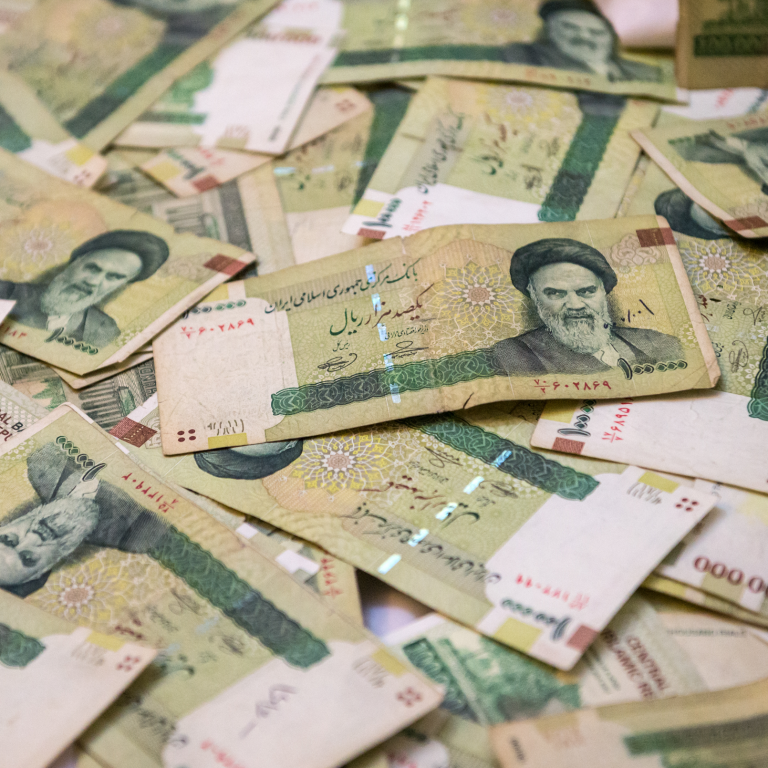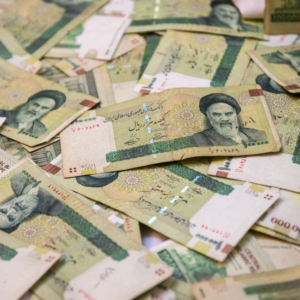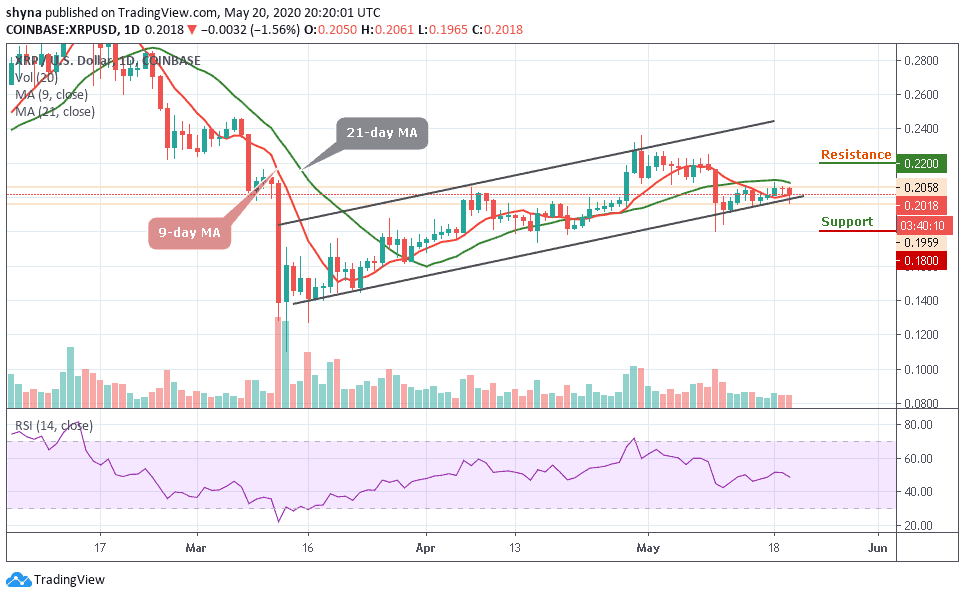Join Our Telegram channel to stay up to date on breaking news coverage
Despite stifling inflation levels and continued rifts with the international community, the government of Iran has moved to tighten restrictions on citizen’s access to cryptocurrencies.
The government’s new move now, according to reports, will be to restrict the access of cryptocurrency exchanges into the country.
Plugging Capital Drainage Holes
This week, Iranian news outlet ArzDigital confirmed in a report that the country’s parliament had published a proposal that could outlaw crypto exchanges. The draft of the bill reportedly proposes that Iran’s existing foreign exchange and currency smuggling laws will apply to cryptocurrencies as well.
As the news medium explained, the law implications include a requirement for crypto exchanges in the country to be registered by the Central Bank of Iran. It’s unclear whether the government will require exchanges that already operate to follow the same rules. However, what seems clear is that Tehran is looking to control capital outflows through crypto.
The move isn’t entirely surprising. Even before the coronavirus pandemic sent the global economy into a tailspin, Iran’s economy was pretty much teetering on the brink.
The country is in the midst of a standoff with the United States and several other global superpowers. Last year, U.S. President Donald Trump pulled out of the Joint Comprehensive Plan of Action — also known as the Iran nuclear deal, and imposed economic sanctions on Iran.
For a country where most corporations and economic sectors are state-controlled, this was devastating. Now that the virus has moved into full effect, the government has scrambled for a way out.
Hyperinflation in Iran Continues
Earlier this month, the government officially passed the “Reforming Monetary Policy and Banking Law” bill. According to an account from Mehr News, the bill proposes to redenominate the rial and replace it with a new currency, called the toman. The new currency will be worth about 10,000 rials, with the government hoping to bring back stability to the country.
The move will effectively take out four place values (or zeroes, if you will) from the Iranian national currency. While the motive for the move is understandable, several countries that have tried such a move – including Venezuela and Zimbabwe – haven’t had much success. Still, Tehran is moving ahead.
Typically, people who love in struggling economies have moved into alternative assets – including and especially Bitcoin. Iran’s case isn’t much different, as Bitcoin Revolution now sells for over a billion rials.
The government will need to find a way to prevent future capital outflow if more people begin to buy Bitcoin. Hence, its move to restrict exchanges across the country. However, the plan still doesn’t appear to be thorough.
As stated earlier, it’s unclear whether the new rule will apply to exchanges that already operate in Iran. At t same time, it’s worth noting that most of the exchanges that operate in Iran aren’t home-grown. Several of them are foreign entities that simply extend their services to the country.
Join Our Telegram channel to stay up to date on breaking news coverage


